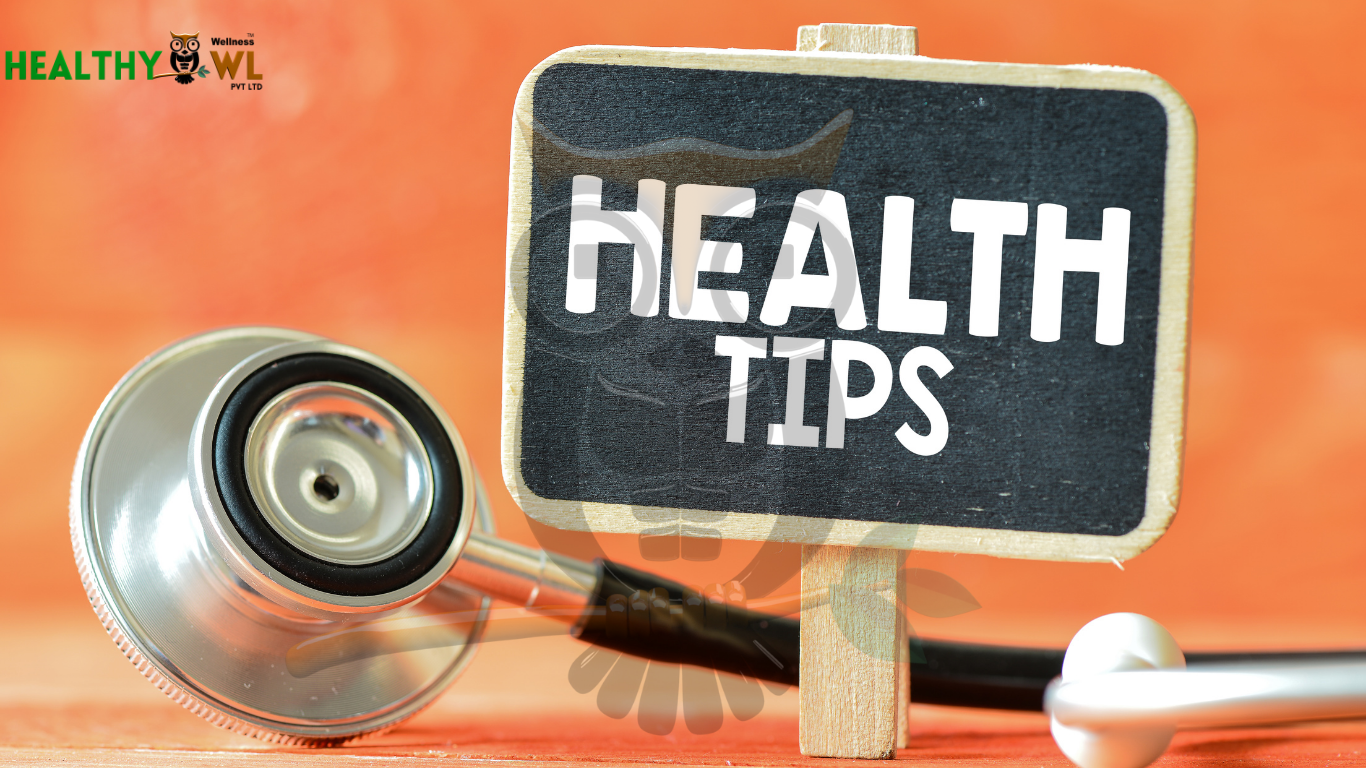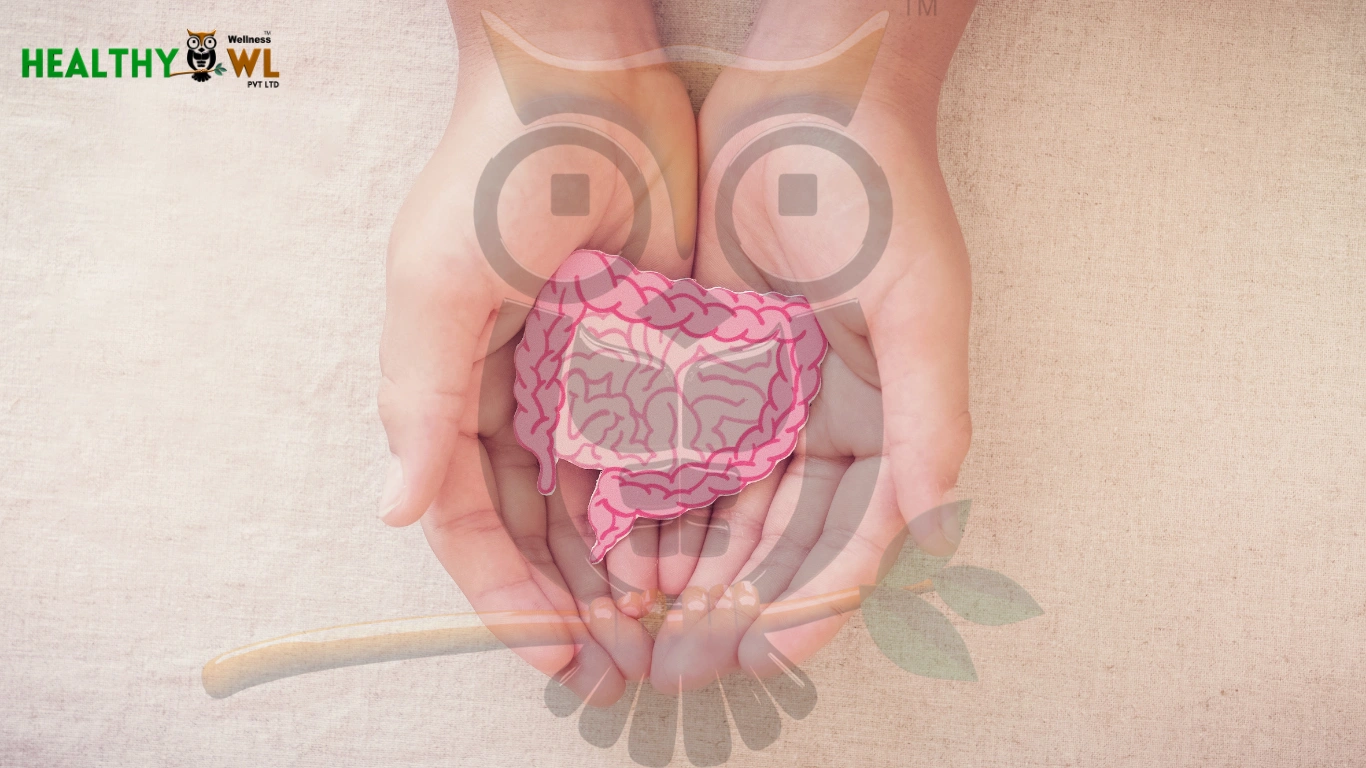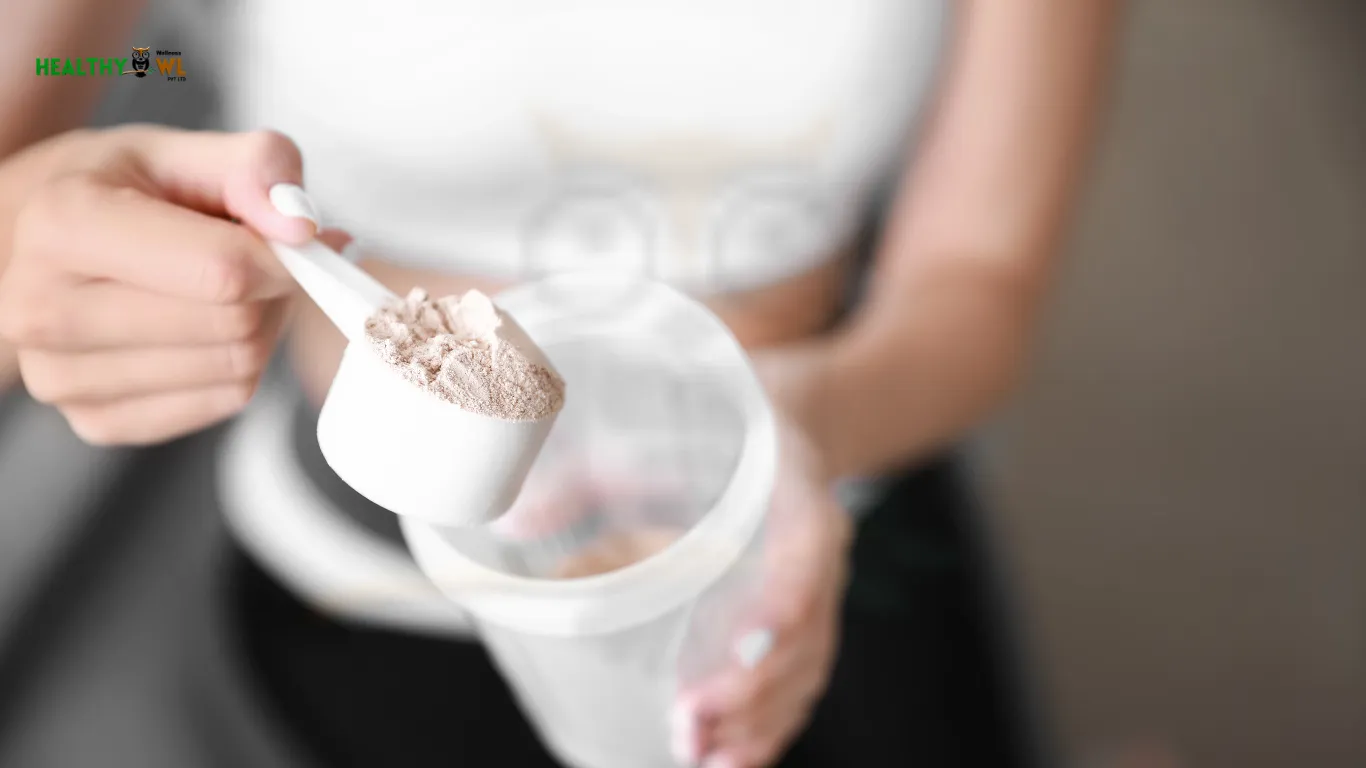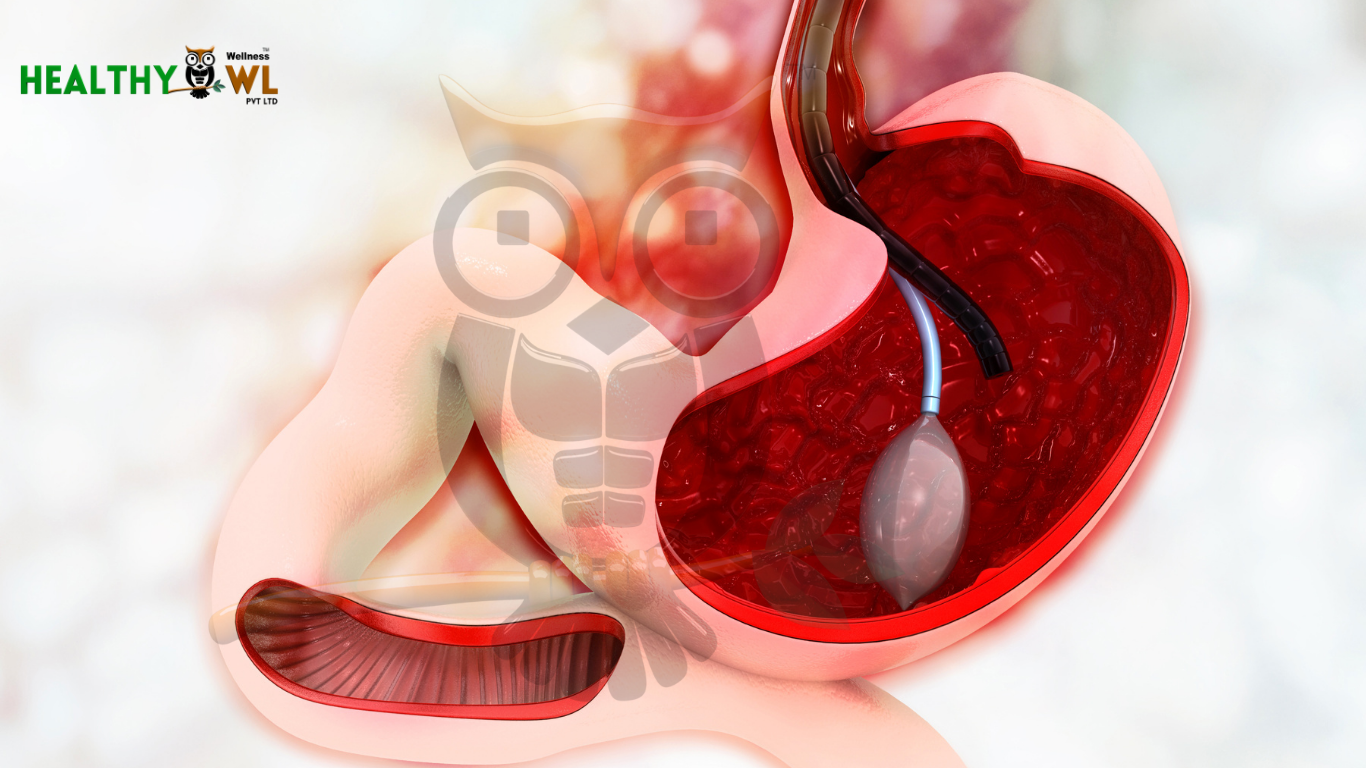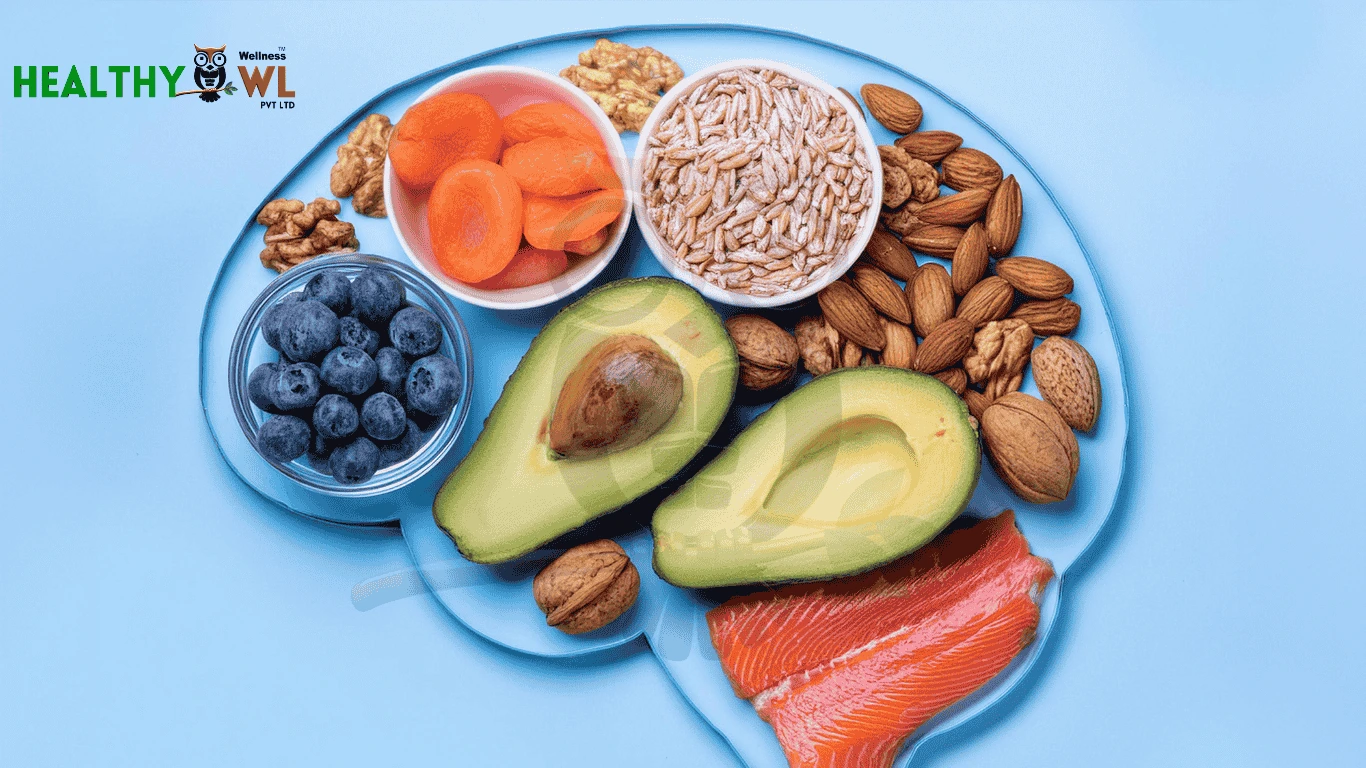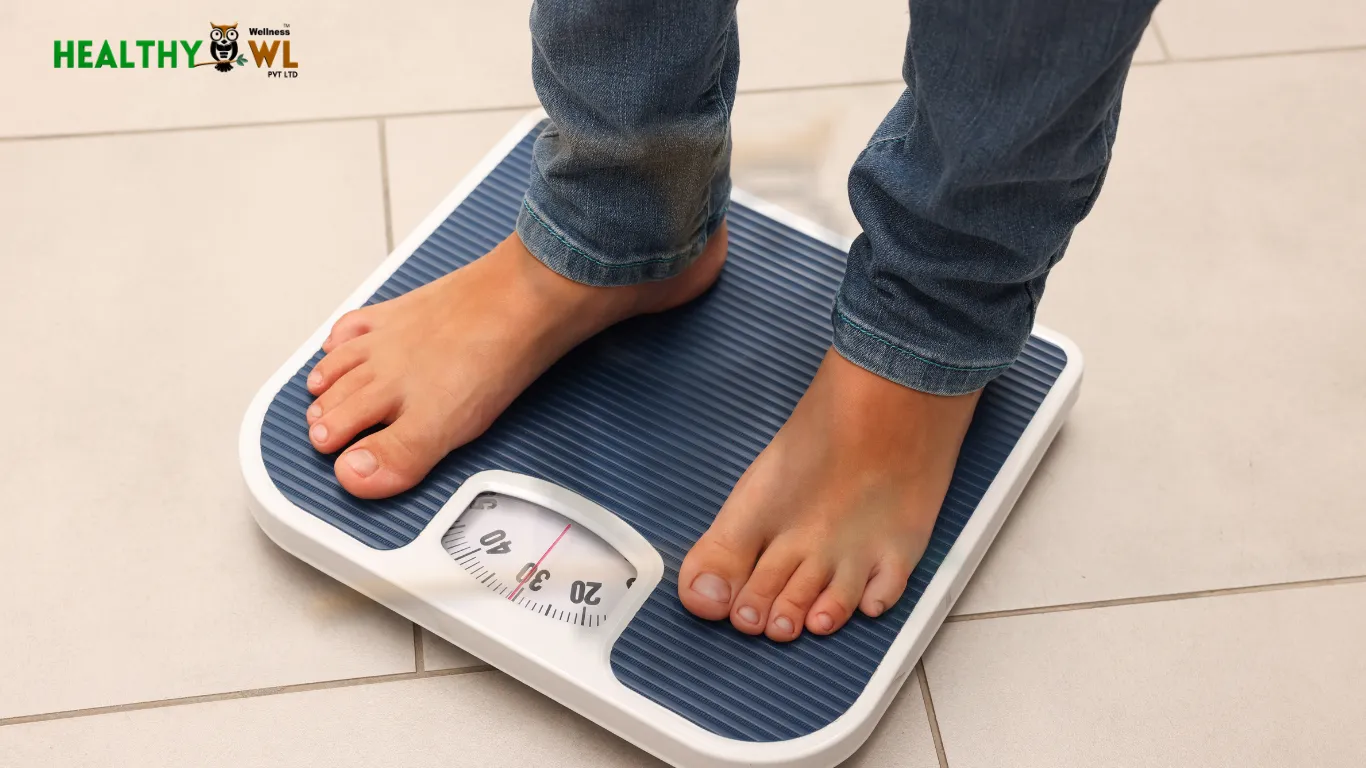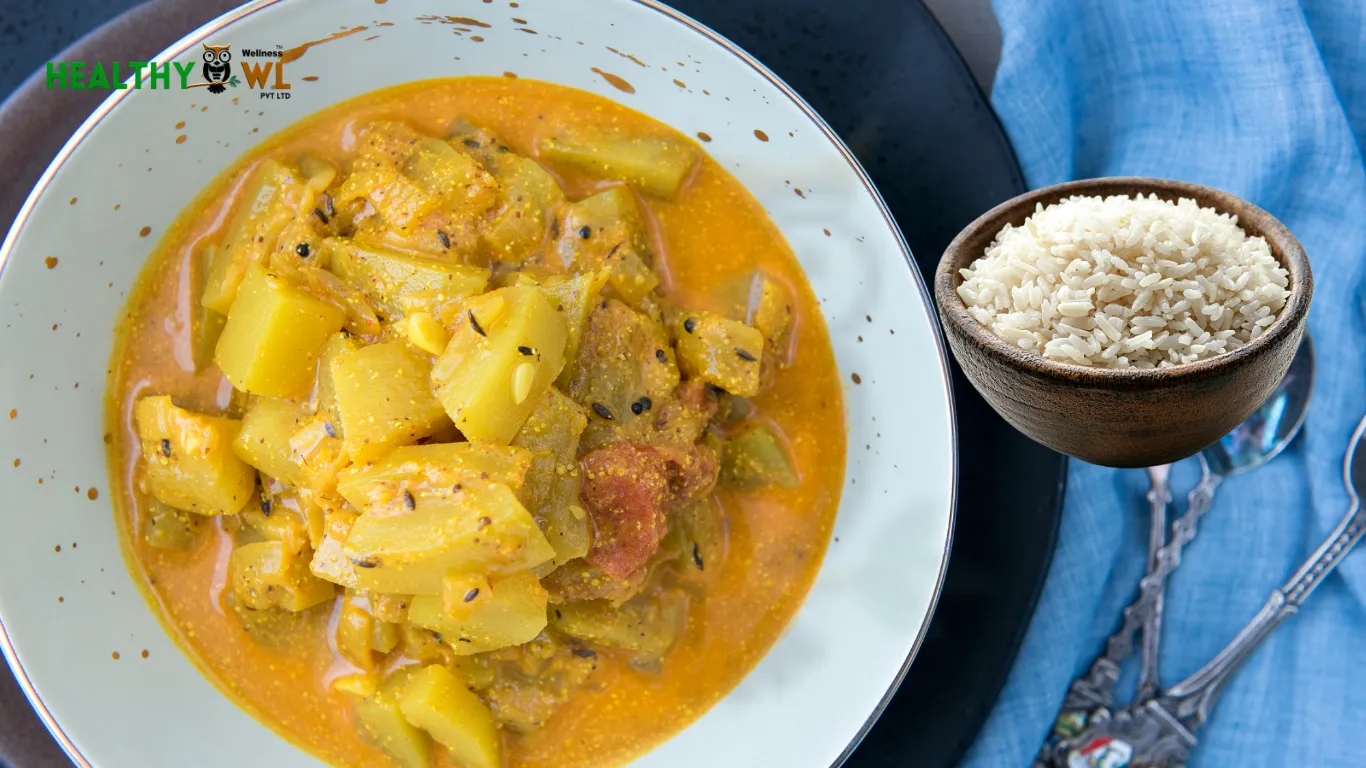After the festive season, many of us feel the need to “detox” to balance out indulgent eating, late meals, and sugary treats. But what does detoxing actually mean — and how can you approach it safely and effectively?
Instead of relying on extreme cleanses or quick fixes, it’s important to understand that detoxification is a natural process your body already performs. Your role is not to force detox — but to support it with nourishing foods, hydration, movement, and rest.
Understanding Detox: A Natural, Ongoing Process
Your liver, kidneys, digestive system, skin, and lymphatic system continuously work together to filter and eliminate waste. However, after days of heavy meals, sugar, deep-fried foods, and irregular eating schedules, these systems may feel overworked.
A safe post-festive detox simply means:
- Reducing what burdens the body
- Increasing what nourishes and supports recovery
There is no magic drink or pill. The best detox is a balanced, sustainable routine.
1. Rehydrate to Support Digestion & Flush Toxins
Hydration is key for digestion, metabolism, and toxin elimination.
Start with:
- 8–10 glasses of water daily
- Warm water in the morning to stimulate digestion
Add gentle detox boosters:
- Lemon + warm water
- Jeera, fennel, or mint-infused water
- Coconut water
- Herbal teas (ginger, chamomile, or tulsi)
This helps reduce bloating and supports a healthy gut reset.
2. Eat Fresh, Whole, Nutrient-Dense Foods
Focusing on clean, whole foods helps your organs recover and restores balance.
Add more of:
- Leafy greens (spinach, methi, sarson) → rich in chlorophyll for liver support
- Seasonal fruits (guava, orange, pomegranate) → high in vitamin C for detox enzyme function
- Fiber-rich vegetables (beetroot, carrot, lauki) → keep digestion regular and gut microbiome healthy
These foods replenish nutrients while helping the body reduce inflammation and improve energy.
3. Reduce Processed Foods & Sugary Drinks
After festive sweets and snacks, your gut and metabolism need a break from:
- Refined sugar
- Deep-fried foods
- Packaged snacks
- Sugary beverages
Instead, replace dessert cravings with:
- Papaya
- Pear
- Dates (1–2 pieces, not too many)
This helps stabilize blood sugar and reduce post-festive fatigue.
4. Support Gut Health with Probiotics & Prebiotics
A healthy gut directly improves detox efficiency, digestion, mood, and immunity.
Probiotic-rich foods to include:
- Homemade curd (dahi)
- Naturally fermented pickles
Prebiotics for gut bacteria nourishment:
- Bananas
- Onions
- Garlic
This helps reset your gut microbiome and reduces bloating.
5. Move Daily & Sweat it Out
Movement boosts circulation, metabolism, and lymphatic detox.
Start with:
- Light walking (20–30 minutes)
- Yoga or stretching
- Deep breathing exercises
Sweating through moderate physical activity also helps release toxins through the skin and reduces water retention.
6. Prioritize Deep Sleep & Recovery
Your body performs major detox and repair during sleep.
- Aim for 7–8 hours of restful sleep
- Create a nighttime routine (dim lights, no screens before bed, calming breathing)
Good sleep helps reset hormones, reduce cravings, and restore energy.
Detoxing Isn’t a Quick Fix — It’s a Gentle Reset
A post-festive detox isn’t about restriction or deprivation.
It’s about nourishing your body and allowing your system to balance itself naturally.
Simple, consistent habits = lasting results.
Want a Personalized Detox Plan?
Every body is different — and your nutrition should be too.
If you’d like a custom post-festive gut reset plan based on your:
- Routine
- Body needs
- Lifestyle
- Hormonal patterns
We would love to guide you.
👉 Book a one-on-one consultation to get your tailored detox meal plan and nutrition support.
Click here to schedule your appointment.
Let’s make your post-festive reset light, healthy, and energizing — together.



